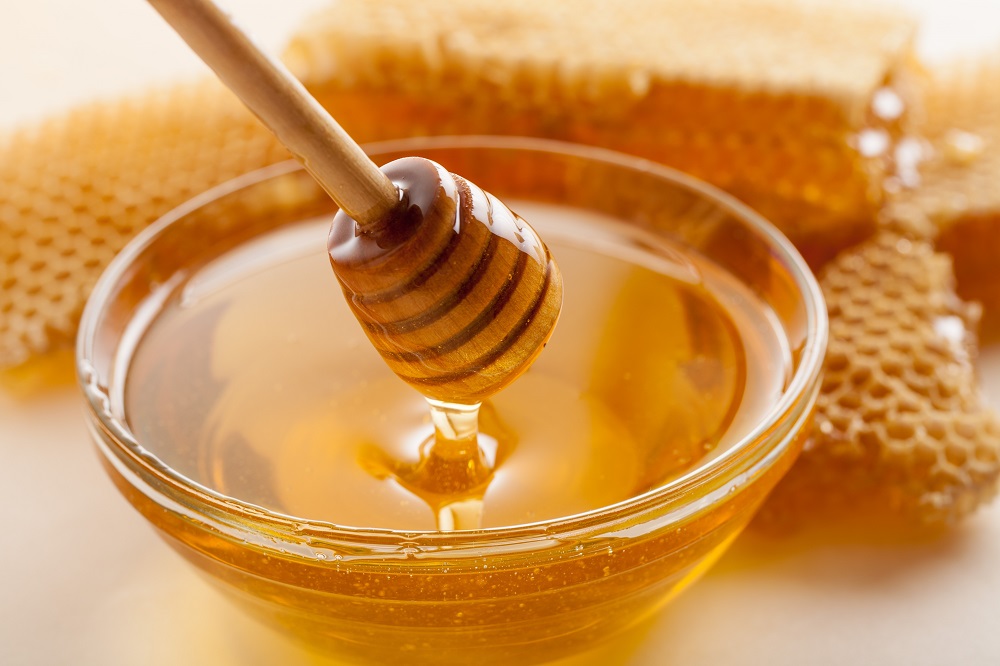For nearly three years, Jehona and Agron Dabiqaj from the village Prilep in the municipality of Deҫan, have entered the market selling honey products. They make a living out of this. Despite the fact that the weather this year was not favorable, they made timely extraction of honey.
But not everyone was so fortunate. Many bee keepers, suffered losses for they were counting on good weather conditions, and had failed to extract honey on time.
Jehona worked as a marketing officer at “Golden Honey” factory in Deҫan, that was financed by the European Commission. Aside from guards, the factory is now empty. It was shut down after the municipality heads approved a proposal to put on lease. This decision was followed by numerous complaints by citizens, concerned that this project was politically motivated from its onset, and blamed the international community, claiming that the project was made in cooperation with the personnel of the Deçan Monastery, aimed at recognizing its ownership over the beekeeping enterprise “APIKO”.
With no job at the factory, Jehona began to engage in the family business. Fortunately, her husband’s family had a long year beekeeping tradition. Her husband taught her the practical part of the job, whereas she was very well familiar with the theory from her previous work at “Golden Honey”.
In 2014, at the onset of their business, she and Agron had 34 bee hives. In two years they expanded to 400 hives. Some of the hives are at their home in Prilep, but lacking land, they also keep hives in Gllogjan, Shaptej and Suhareka.
Out of 127 plants that you can extract honey from, they produce flower, meadow, mountain, acacia, chestnut honey and honey from the rare thyme plant.
Albeit an unproductive year for beekeepers, Jehona says that compared to last year that they extracted 700 kilos from 130 hives, this year they extracted 250 kilos from the 70 hives containing worker bees, since other bees were in reproduction.
Jehona was supported through two grants from the Ministry of Agriculture Forestry and Rural Development. It has been nearly a year that she and Agron voluntarily found the association that assists beekeepers and provides advice.
Jehona point out that U.S., German and Arabian companies have shown interest in cooperation with them, being that they highly valued the quality of the honey. However, such a cooperation was not possible this year due to unfavorable weather conditions, she adds. For the time being, they sell honey in Kosovo, only.
Beside beekeeping, Jehona also attends trainings of trainers, organized by the Ministry of Agriculture Forestry and Rural Development, for grant in agriculture. She donated her book “The role of women in beekeeping” (“Roli i femrës në bletari”) to 100 women who want to pursue this activity.
There are no existing statistics of the number of individual entrepreneur families in Deҫan dealing with beekeeping.
Safete Gacaferi, director of “JETA” women’s association, says that 10 years ago the association organized beekeeping courses for 30 women participants. She says that only two of them are into beekeeping today.
Liridona Berisha








